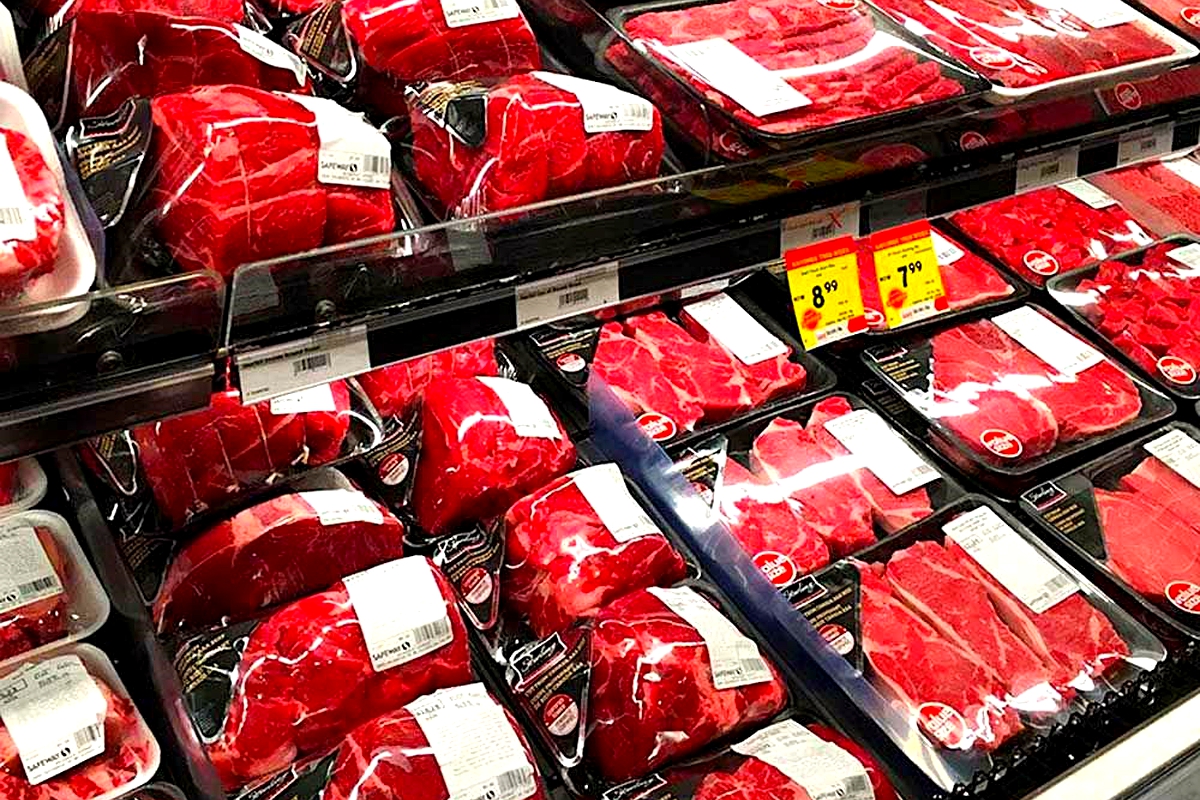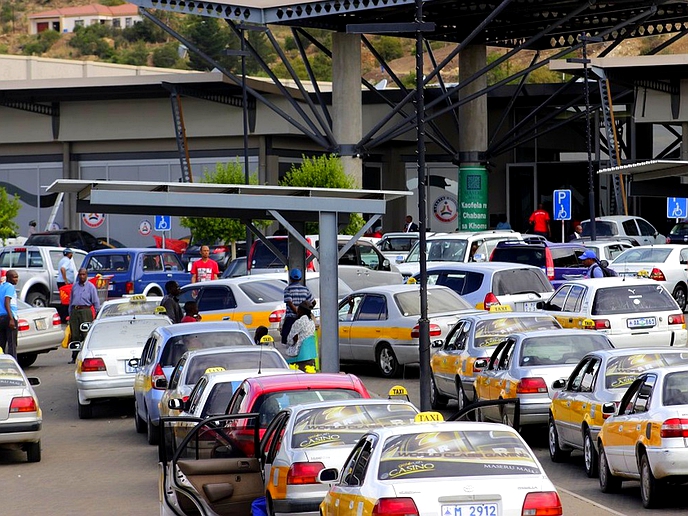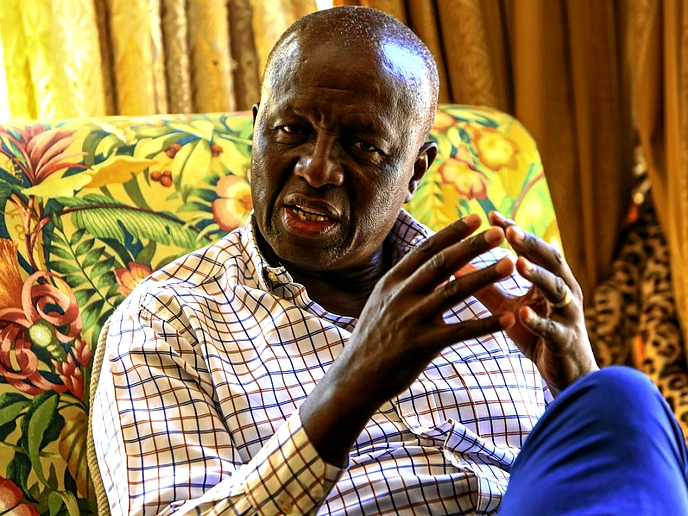BASOTHO Meat Enterprise (LTD) PTY has indefinitely shut down its operations, after three of the company’s shareholders had a fall-out.
business
March 16, 2021
STAFF REPORTER
3 min read
Basotho Meat Enterprise shuts down

When the meat supplier closed its doors of business on January 15, it left more than 30 people without jobs.
A source close to the company told this publication that the tiff between the company’s three directors including Mosito Khethisa, Xiaoyo Yao and Stefan Engelbrecht brought the once prosperous business to its knees.
The source said Mr Engelbrecht who was in charge of the daily operations of the business funded stock for the company.
“So he was expecting more from the company because of his significance contribution,” the source also showed.
Mr Engelbrecht who resides in South Africa declined to comment on the matter when asked over the phone to give his side of the story.
“I cannot comment at this stage,” he only said.
But the source further showed that during the height of the COVID-19 pandemic when the borders between Lesotho and South Africa were closed, Mr Engelbrecht remained marooned in SA and was unable to oversee the everyday affairs of the business like he normally did.
“When he was finally able to cross the border into Lesotho, he was shocked to find numerous flaws in the company finances. The cash flow had suffered a serious dent,” the source said, adding however, that the COVID-19 issue was not the only bone of contention in the company’s financial problems.
What later emerged to be a major snag was that the business was not generating as much cash as was expected.
Owing to the poor cash flow, the partners decided to shut down the business and part ways.
One of the shareholders Mr Khethisa has confirmed the closure of the business, but he could not be drawn to elaborate more, saying there are housekeeping issues that are currently being taken care of.
Both Mr Engelbrecht and Mr Yao had equal shares - 35percent apiece while Mr Khethisa owned 10 percent of the company.
The residual 20 percent was made available to the public to purchase though none had been sold yet when the company went under the water.
Basotho Meat Enterprise (LTD) PTY became operational in April 2019 and was aimed at ending the trend of importing all processed meat products through manufacturing some of them locally.
Enjoy our daily newsletter from today
Access exclusive newsletters, along with previews of new media releases.
It produced processed meats including polonies, an array of sausages and different types of biltong among others.
The business bought all its red meat from the Meraka abattoir while local farmers supplied the abattoir with pork and chicken.
Most of the stock utilised by the company was nonetheless imported from South Africa.
For his part, the Programmes Manager of the Lesotho National Farmers Union (LENAFU) Khotso Lepheana said they have not yet felt the impact of the closure because local farmers did not directly supply to the company.
“They trade directly with Meraka abattoir and not the company,” he said.
The company had secured factory space at the DLM complex in Khubetsoana, where its cold storage equipment was installed with processing machinery inside the cold room.
Tailored for you






